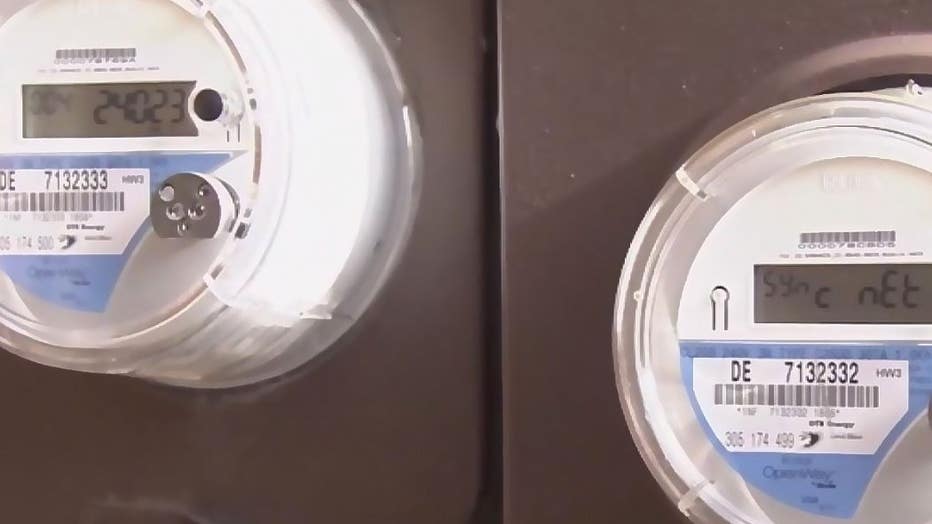DTE to increase rates from 3 pm to 7 pm as time-of-day price hike next month

Starting next month DTE to switch to time of day rates, hiking prices from 3 to 7 p.m.
DTE Energy claims this move offers more flexibility and choice to consumers - and they don’t think bills will be higher. Some customers are already on a time-of-day pricing plan.
FOX 2 (WJBK) - DTE Energy customers will be seeing a change in their electrical rates.
The move begins next month as all residential DTE customers will switch to time-of-day rates. The cost to use electricity will be higher between 3 p.m. and 7 p.m. during the week and lower the rest of the time.
During the summer, rates go up during this so-called on peak time.
"It's kind of inconvenient," said one person.
Angie Pizzuti of DTE Energy spoke about the change in rate cost.
"What this rate is doing is giving customers more flexibility to lower rates if they use their energy off-peak," she said.
Pizutti claims this move offers more flexibility and choice to consumers - and they don’t think bills will be higher. Some customers are already on a time-of-day pricing plan.
FOX 2: "There’s so many people who would say, this isn’t more choice - that they if they wanted the time of day pricing plan, they would already be on it. What about those people?"
"The Michigan Public Service Commission has instructed all utilities to adopt, to move to this type of a rate structure," she said. "And, we understand that customers won't be able to move all of their load out from 3 to 7, but there are discretionary things that they can move off-peak that will allow them to save money."
The move is a state-wide change. Consumers Energy previously made the switch.
But a spokesperson for the MPSC tells me to his knowledge, customers were never surveyed about whether they want the rate change.
To contact the Michigan Public Service Commission: CLICK HERE.
To contact DTE CLICK HERE.
The MPSC released a lengthy statement. Read it below:
"Dating back several years, the MPSC has encouraged utilities to address the fact that the cost of producing or procuring electricity from the market varies by time of day and day of the week, as well as the time of year. In summertime, for one, it costs more to produce electricity on a hot weekday, when business is in full swing and residential and commercial customers are using air conditioning, than it does on a cool weekend when businesses are closed and air conditioning is less needed.The goal of time-based pricing is to align utility rates with the actual costs of producing it at different times, in a revenue-neutral way (the utilities will not make additional profit off these rates), with the aim of reducing overall peak demand. The time of use rates have been tested in pilot programs and have shown a reduction in peak demand during critical summer daytime peaks, and that saves customers money in the long term because utilities do not have to procure additional energy resources at their most expensive prices to produce. These rates encourage an overall shift to spread electricity use over a greater number of hours, flattening the peak.
"The MPSC worked with DTE Electric and Consumers Energy over the years to conduct pilot programs with customers to test how this would work and to prepare both the utilities and their customers for this change in approach to pricing. The pilot programs involved significant communication with participating customers on how the rates work, as well and messaging about how reducing air conditioning use and shifting use of energy-intensive appliances – dishwashers, clothes washers and dryers, and the like – to hours before or after the weekday peak times can lessen the impact of the higher peak rates. Some other Michigan utilities also offer voluntary time-based rates on the same principles, including – as one example – discounted electric vehicle charging rates at night.In addition, these rates help provide additional opportunities for customer to manager their energy bills. For customers who are more cost-conscious, shifting consumption to off peak times can help lower electricity bills, while those who prioritize convenience pay costs more aligned with the impact on the system."


